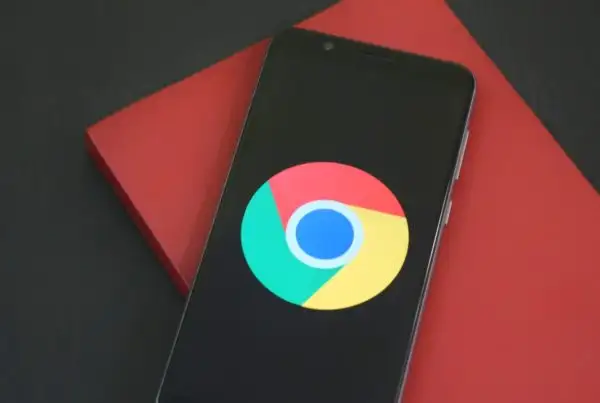Google AdWords conversion tracking uses JavaScript and HTML code that is placed by advertisers on their website’s conversion (customer acquisition) page, to track which user clicks have resulted in a conversion. This data is then reported back to the advertiser in the form of the number of conversions per keyword. This system fails on mobile devices and gives incorrect data.
A vast number of mobile phones do not allow JavaScript to run on their browsers. Furthermore, even with those that do allow JavaScript, many do not allow cookies. In fact, a number of mobile network operators block cookies as well as session details from being passed on to third parties such as Google AdWords.
Without cookies, the vast majority of conversions resulting from AdWords ads on mobile devices will go undetected. This is a serious issue, as it implies that the ROI calculations many mobile advertisers make for their campaigns will be far from the actual figures.
Not only is this a serious problem for Google, who has traditionally bragged about the exceptional accountability and reporting capabilities of its advertising platform, but it is also one that cannot be solved by the search giant.
Google needs to either find a better, more innovative way to provide accurate conversion tracking for mobile ads, or advertisers will shrug their shoulders and accept it as a flaw till a better, more reliable system is introduced, probably by a network operator.
An account manager at Google AdWords has confirmed this is the case. Her reply to our query is quoted below:
“A significant percentage of mobile browser and carrier combinations do not support cookies. Google adds cookies to a user’s mobile device when he or she clicks on an ad to track conversions. Therefore, if users are using mobile browsers or carriers that do not accept or support cookies, they will not be included in your conversion tracking statistics.
Additionally, cookies on mobile phones expire faster than the ones created for PCs. Therefore, a significant number of conversions for your site may go unrecorded after a certain period of time. When viewing conversions for a specified time period, note that conversions are assigned to the date on which the ad click occurs, not the date on which the conversion occurs. In addition, we will not be able to report conversions for users who disable cookies.
Conversion tracking is also not supported when users disable images on their mobile phones.
Although Google cannot record every conversion due to the reasons mentioned above, your conversion rate, cost-per-conversion, cost-per-transaction and value/click are adjusted to reflect only those sites from which we can track conversions.“
Update:
The post has been updated to clarify that the lack of JavaScript support on a mobile device is not a problem in and of itself. The problem lies in the cookies being rejected by mobile operators. Since the time of publication of this post, Google has updated its conversion tracking platform, and now offers an improved solution for conversion tracking on mobile searches.









